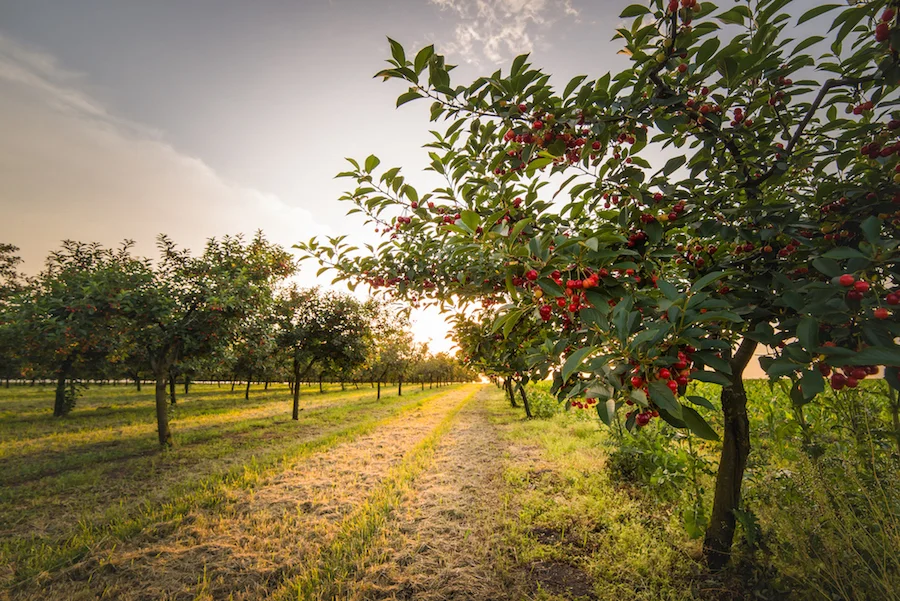Investing in agriculture is a relatively low-risk way to diversify a portfolio, it provides tangible community benefits, but it can also offer investors unique tax advantages. There are several different tax benefits you may be eligible for as an investor, depending on in the type of crop and how the deal is structured. Below, we explore some of the most common tax advantages associated with agricultural investments.
Depreciation
Though most investors are familiar with the concept of depreciation in real estate investments, they may not understand the concept of depreciation in farming. While you can’t depreciate the cost of land because land does not wear out, become obsolete or get used up, it may be possible to qualify for a tax depreciation benefit on certain crops, primarily fruit and nut trees. Similar to how depreciation benefits real estate investors by allowing them to deduct the costs of wear and tear on a rental property, investments in specialty crops depreciate due to their limited production cycle.
Depreciation of fruit or nut trees begins when the trees and vines reach the income-producing stage (that is when they bear enough fruit, nuts, or grapes in order to be harvested and sold). The IRS dictates that trees and vines bearing fruit or nuts are depreciated under the General Depreciation System (GDS) using the straight-line method over a 10-year recovery period. And of course, if there are capital improvements on the land, such as buildings, livestock pens, or other farm equipment, depreciation expense can be deducted from gross income.
Property Tax Savings
All 50 states have favorable property tax rates for agricultural land in an effort to help farmers keep their farms while faced with urban expansion. How easy it is to claim these tax benefits varies by state, however. Most states decide if a farm is eligible for tax breaks by looking at the size of the farm or the income a farm is making. A lower property tax rate can reduce some of the tax liability of investors, depending on the type of agriculture they in which they choose to invest. In some states, agricultural tax exemptions can be extremely generous, significantly lowering the tax burden on the land. The Lincoln Institute of Land Policy offers a good summary of agriculture property tax benefits in each state.
Conservation Trusts
It is becoming more and more common for farmers to put a portion of their land in conservation trusts through conservation easements. The goal of conservation trusts is to preserve sensitive natural areas, including farmland, ranchland, and water sources, as well as cultural resources or notable landmarks. When a farmer puts some or all of their land in a conservation trust, the land remains privately owned. The trust will purchase a conservation easement on the land to prevent any future development. Once a conservation easement is purchased, it remains applicable to present and future owners of the land.
Conservation easements offer a variety of different tax advantages. If a conservation easement is donated to a land trust, and if it benefits the public by permanently protecting important resources, it can qualify as a charitable tax deduction on the donor's federal income tax return. The value of the conservation easement varies depending on the conservation value of the land. Usually, the most valuable easements are found on areas of open space that face high development pressure. In some cases, placing an easement on one’s land may also result in property tax savings for the landowner.
These are just three examples of tax advantages for investors in farmland. As always, it is wise to consult your tax advisor before making investment decisions.

